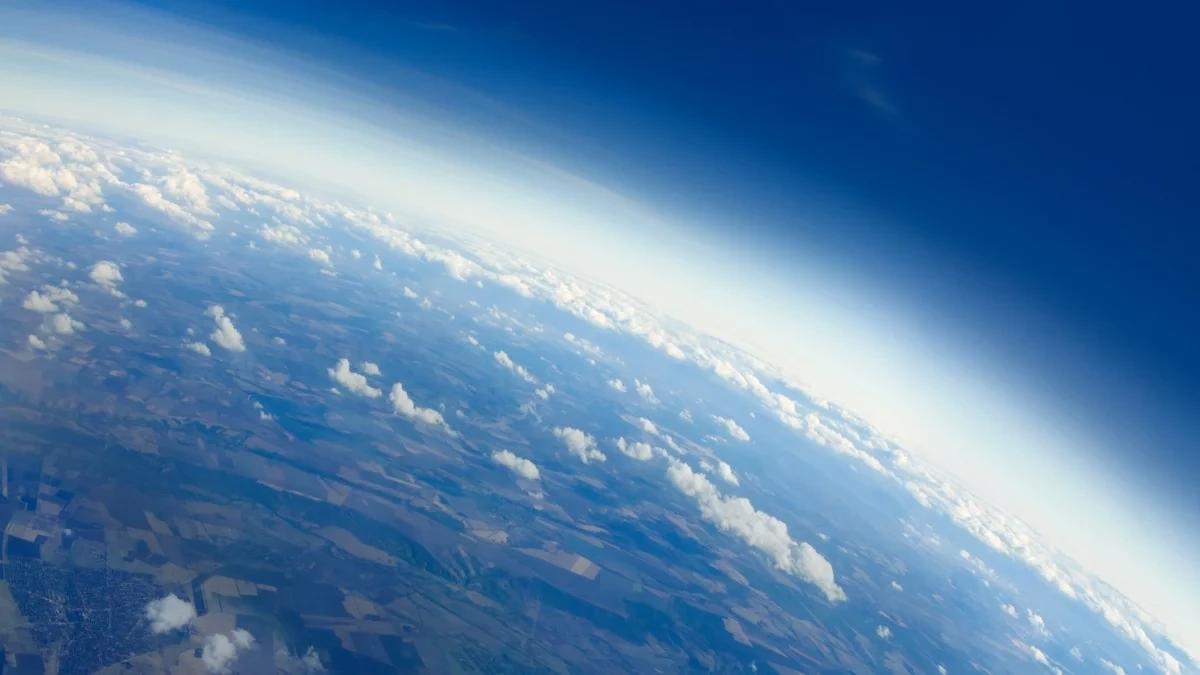Space South Central, the UK’s largest regional space cluster, has received funding from the UK Space Agency for an international project to develop a new Earth observation mission to assist Singapore in managing climate change.

Image Credit: University of Surrey
The University of Surrey will lead the project, which will concentrate on surveilling air pollution and forecasting atmospheric weather. The project’s goal is to better quantify climate change and inform disaster response in Singapore, but the findings will benefit people all over the world. Space South Central will collaborate with counterparts in Singapore to develop critical instrumentation capable of collecting data necessary for understanding the challenges and impacts of climate change.
Singapore, which is frequently affected by high levels of air pollution, especially when wildfires in neighboring countries cause haze, has made global climate change one of its top national priorities. Water supply is under stress due to the expanding population and economy, which are both vulnerable to climate change.
We are thrilled to have been awarded this project by the UK Space Agency and are excited at the prospect of further deeper collaboration with our partners in Singapore. This project, developing critical instrumentation for climate change monitoring, encompasses so much of the newly-announced National Space Strategy by unlocking growth through international collaboration.
Dr. William Lovegrove, University of Surrey
Dr. William Lovegrove heads the international liaison for Space South Central.
Dr. William Lovegrove notes, “We would like to express our gratitude to our Singaporean project partners for their commitment to this endeavor. By combining our expertise and resources, we anticipate creating a new scientific satellite mission that not only addresses global challenges but also fosters stronger ties between our nations in the context of this significant trade agreement.”
The project will use cutting-edge electronic propulsion, innovative onboard AI processing, next-generation sensors made possible by quantum technology, and miniaturized timing mechanisms. To support the responsible use of space and address important environmental issues like air pollution and weather forecasting, these will form a constellation in a very low Earth orbit.
The National University of Singapore and Nanyang Technological University are also involved in the project, as are Singapore’s Office for Space Technology & Industry (OSTIn), the Agency for Science, Technology, and Research (A*Star), and the National University of Singapore. It also involves Twinparadox Ltd. and the other two Space South Central cluster universities in the UK, Southampton and Portsmouth.
The cluster team has been working closely with experts in Singapore to understand what’s needed to help the island country cope with climate change. The cutting-edge and disruptive technologies emerging from the Universities of Surrey, Portsmouth, and Southampton are combining to solve problems.
Dr. Chris Bridges, Principal Investigator, Surrey Space Centre, University of Surrey
“Working with other space agencies and organizations across the globe through our International Bilateral Fund allows us to draw on skills that enhance our homegrown expertise and capabilities, drive up investment in the UK, and support world-class science and discovery,” detailed Dr. Paul Bate, Chief Executive of the UK Space Agency.
Dr. Paul Bate concluded, “Projects such as the University of Surrey’s work with Singapore to advance sustainability and scientific sensors highlight the many ways in which we can collaborate with the global space community to help humanity push the boundaries of space innovation and unlock commercial opportunities that will benefit our economy now and in the future.”
The project, which is worth nearly £75,000, was funded by the UK Space Agency's International Bilateral Fund.